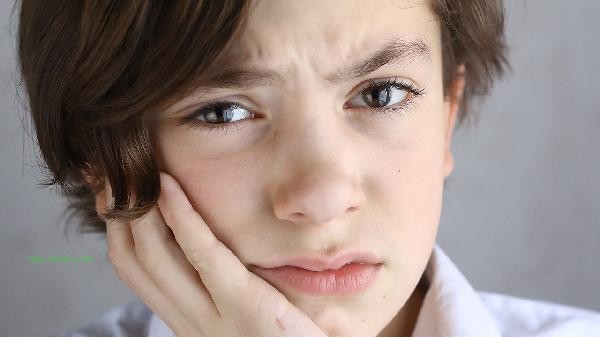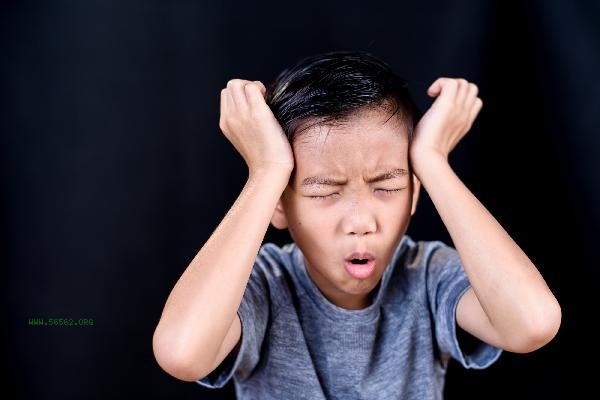Children who drink traditional Chinese medicine should pay attention to syndrome differentiation and treatment, medication dosage, dosage, dietary taboos, and adverse reaction monitoring. The use of traditional Chinese medicine should be guided by professional Chinese medicine practitioners to avoid blind medication.

1. Dialectical treatment
Traditional Chinese medicine emphasizes dialectical treatment, and different constitutions and syndrome types require the use of different prescriptions. For wind cold colds, Jingfang Baidu Powder can be modified, while for wind heat colds, Yinqiao Powder is recommended. Parents should not judge the type of syndrome on their own, and should not reduce the dosage of adult prescriptions for their children to take. It is recommended to provide a detailed description of the child's symptoms, medical history, and allergy history to the doctor during the visit.
II. Medication Dosage
The dosage of medication for children should be accurately calculated based on body weight or surface area, usually 1/3-1/2 of the adult dosage. When boiling decoctions, children under 3 years old should take 30-50 milliliters each time, and school-age children should not exceed 100 milliliters. Concentrated granules must be brewed strictly according to the instructions and cannot be added or removed arbitrarily. The medication cycle usually takes 3-5 days and needs to be adjusted through follow-up visits.
III. Dosage
Soup can be heated to a cool temperature before taking to avoid stimulating the gastrointestinal tract. For children who refuse medication, the medicine can be taken in small doses or assisted with a straw. After taking the medicine, you can rinse your mouth with a small amount of honey water to improve the taste. Attention should be paid to certain medications that require specific time before or after meals, such as digestive medications that should be taken before meals, and medications that stimulate the stomach that should be taken after meals.

IV. Dietary Taboos
During the period of taking antipyretic drugs, avoid eating raw, cold, greasy foods. When taking tonics, it is not advisable to eat qi breaking foods such as radishes together. During medication, avoid seafood, spicy and other substances. Some traditional Chinese medicines have interactions with Western medicine, such as Chinese medicines containing tannins that need to be taken with iron supplements every 2 hours. It is recommended to maintain a light diet and drink plenty of warm water during the medication period.
V. Adverse Reactions
It is necessary to closely observe whether there are adverse reactions such as rash, vomiting, diarrhea, etc. after taking the medication. Formulas containing ephedra may cause palpitations, while preparations containing cinnabar should be cautious of mercury poisoning. If any abnormalities are found, the medication should be stopped immediately and medical attention should be sought. When taking traditional Chinese medicine that is prone to damage the spleen and stomach for a long time, it can be combined with spleen strengthening drugs such as yam and Poria cocos. During the period when children take traditional Chinese medicine, parents should keep medication records, including medication time, dosage, and physical reactions. Maintaining a regular schedule and engaging in gentle exercises such as Ba Duan Jin can help to enhance the effectiveness of the medication. Pay attention to adjusting clothing in a timely manner according to weather changes to avoid external pathogens affecting the treatment effect. If the symptoms do not improve or worsen, timely follow-up should be conducted to adjust the treatment plan, and the medication cycle should not be extended on its own.










Comments (0)
Leave a Comment
No comments yet
Be the first to share your thoughts!